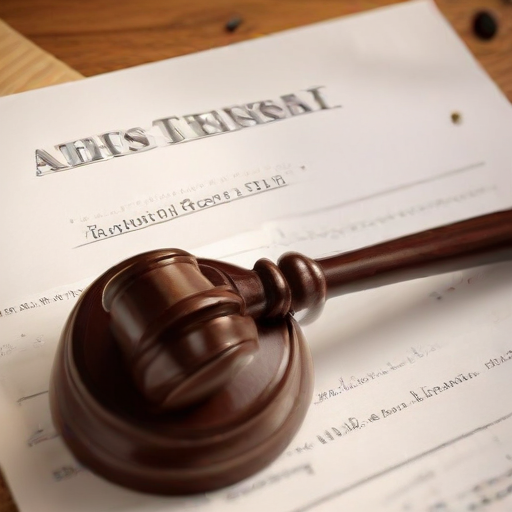Independent Sector has expressed significant concern regarding the recent passage of H.R. 9495 by the U.S. House of Representatives. This legislation would empower the U.S. Secretary of the Treasury to revoke the tax-exempt status of nonprofit organizations identified as supportive of terrorism, with minimal transparency or accountability involved.
While Independent Sector shares the goal of preventing bad actors from misusing nonprofits to fund terrorist activities and supports certain provisions of the bill—such as delaying tax deadlines for individuals unlawfully detained or held hostage—there are serious reservations about the bill’s overall implications. The language used in H.R. 9495 is seen as redundant and potentially confusing, while also conferring extensive new powers on the executive branch that could lead to misuse and compromise due process rights.
The bill allows the Secretary of the Treasury to label nonprofits as “terrorist supporting organizations” without providing them with comprehensive evidence or justification. This approach raises concerns about the potential for unjust targeting of nonprofits, which could harm their reputation, operations, and public trust—all vital elements in maintaining a healthy nonprofit sector. The bill, in its current form, runs the risk of stifling the essential contributions that nonprofits make to their communities.
Independent Sector, in collaboration with other organizations including the Council on Foundations, National Council of Nonprofits, and the United Philanthropy Forum, is committed to opposing H.R. 9495. They believe that while adjustments to existing regulations might be necessary to protect against the exploitation of nonprofits for unlawful activities, it is crucial to ensure that any measures created do not lead to the unjust targeting of these organizations. They are optimistic that through discussions with lawmakers, a balanced approach can be achieved—one that addresses legitimate security concerns while also safeguarding the rights and freedoms that are foundational to American democracy and a diverse civil society.
This situation highlights the ongoing tension between national security and the preservation of civil liberties, a classic dilemma in democratic governance. There is hope that a collaborative and thoughtful dialogue will lead to solutions that uphold both security needs and protect the integrity of the nonprofit sector.
